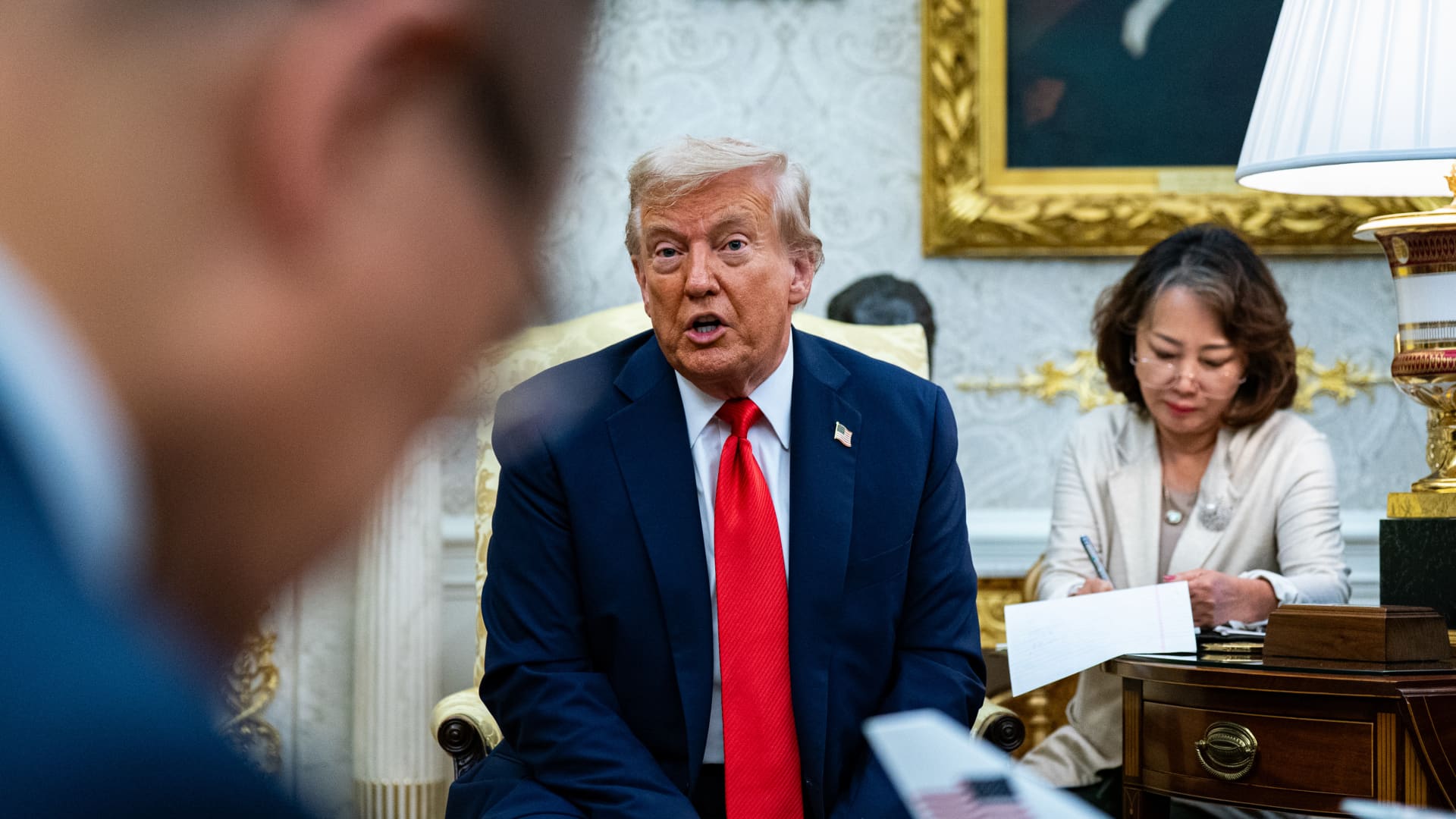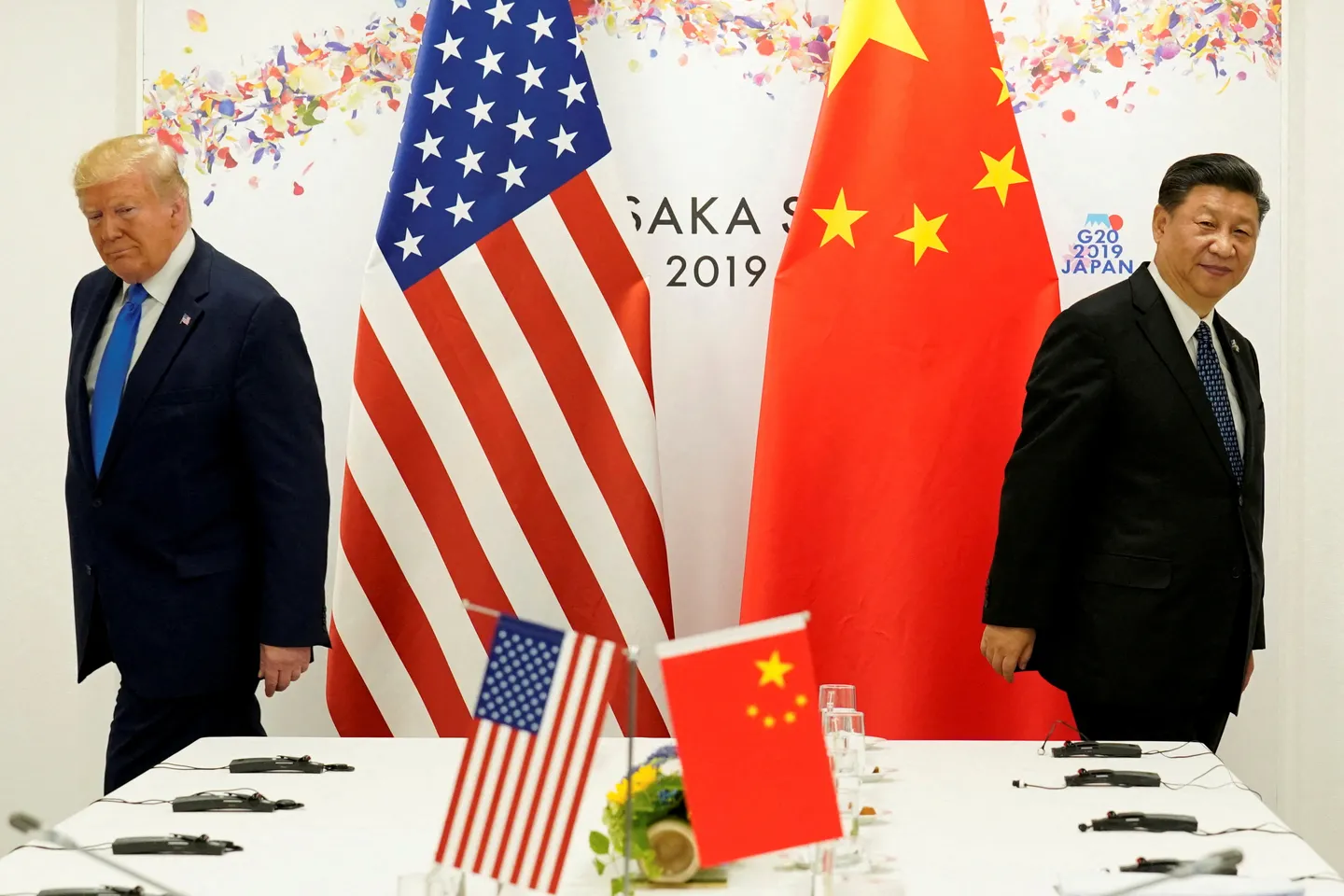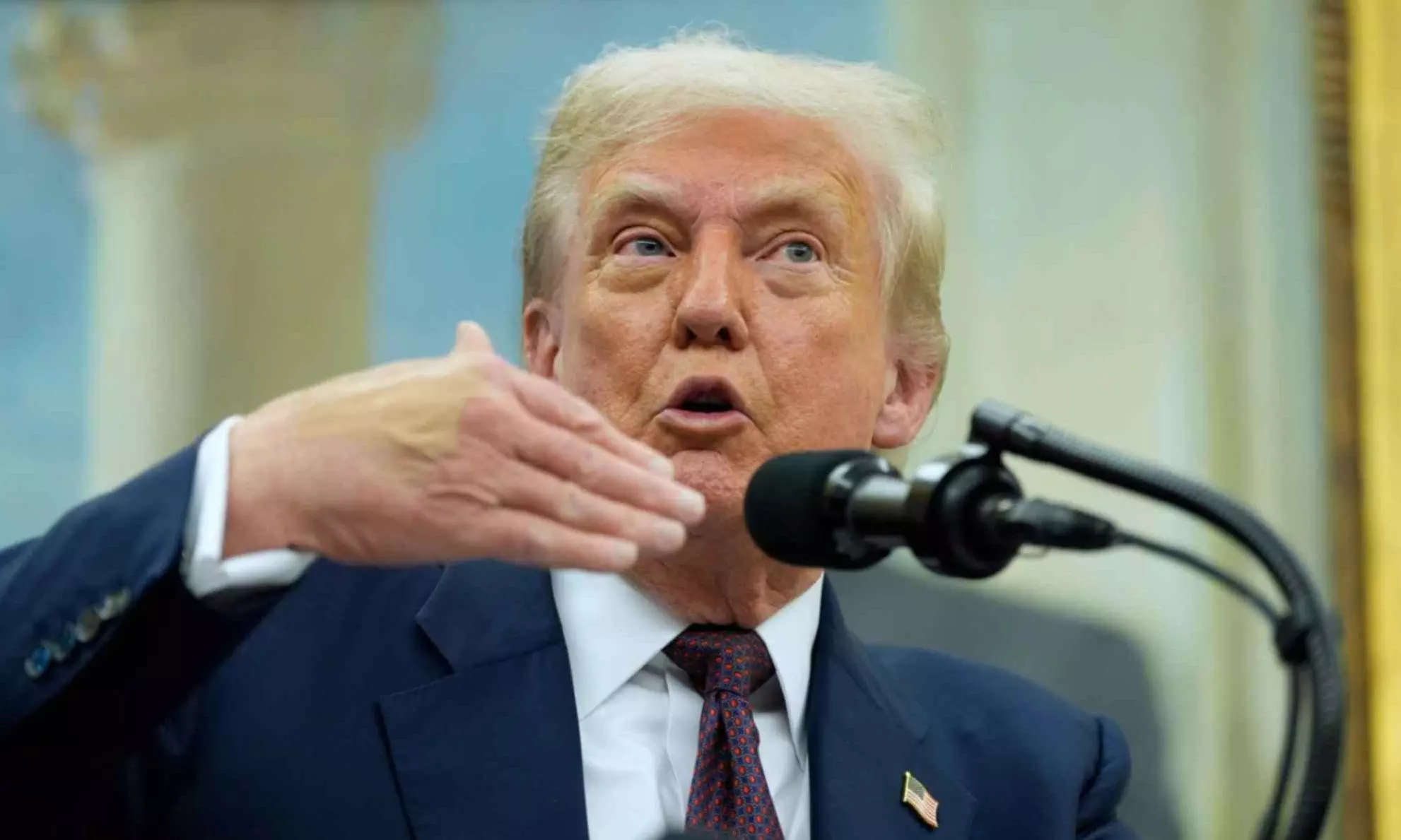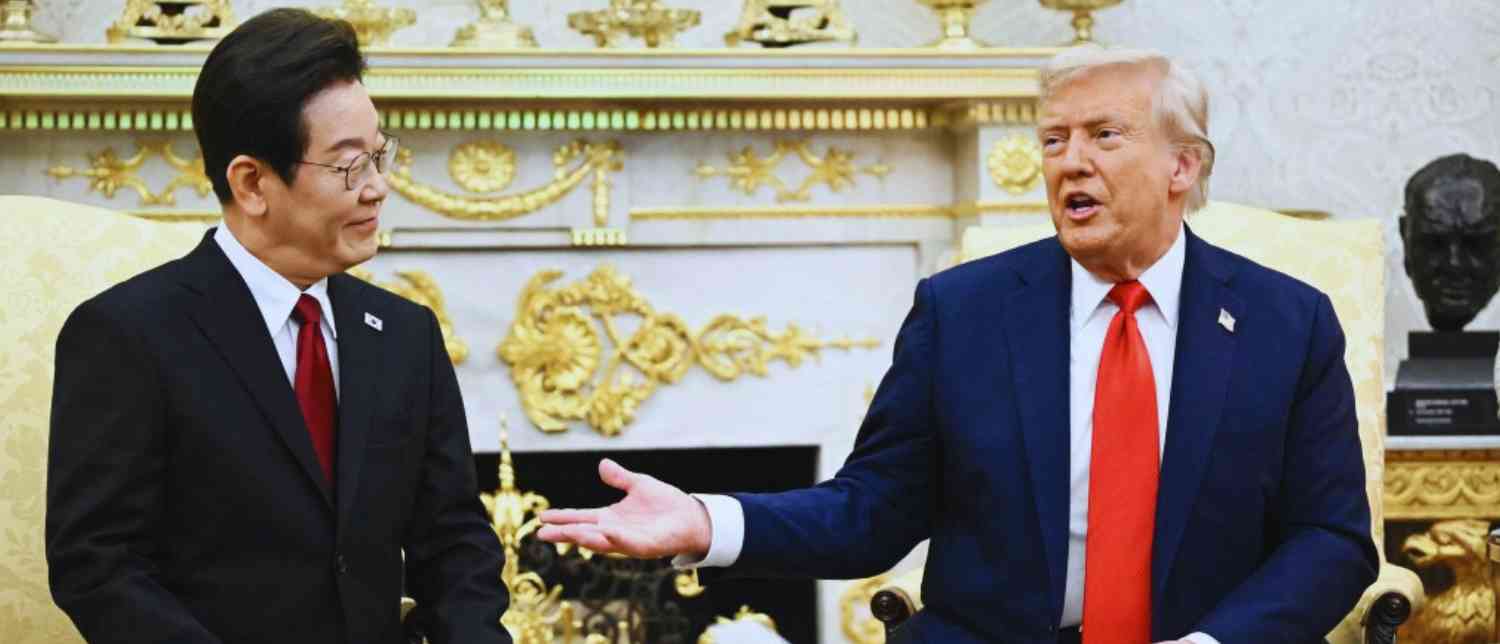US President Donald Trump recently warned China that if the country does not supply rare earth magnets to the United States, China would face a 200% tariff. These magnets are very important because they are used in many key industries, including automotive, electronics, and defense. Trump praised China for skillfully controlling the global supply of these magnets, but also made it clear that the US has strong leverage to take tough actions if China withholds them. He said, "They have to give us magnets. If they don't, we have to charge them 200% tariff or something." However, Trump also mentioned he does not want to use this power fully because it could seriously harm China’s economy.

This issue comes amid ongoing trade tensions between the US and China, the world's two biggest economies. Earlier this year, the two countries imposed heavy tariffs on each other’s goods, which made trade and supply chains difficult. In response, China restricted exports of rare earth minerals, including magnets, as a way to fight back against US tariffs. Later, both countries agreed to reduce these tariffs temporarily and paused any further increases to keep the situation calm. Though tensions have eased somewhat, Trump’s recent statements show that the threat of higher tariffs still exists if China does not meet the US’s demands.
Rare earth magnets are critical because they are made from rare earth elements that China controls almost 90% of in the world. These magnets are used in many everyday products and important technologies, from smartphones to electric cars to military equipment. The trade dispute reflects a bigger challenge both countries face—balancing economic cooperation with competition and national security concerns. Trump also hinted that the US is working to develop its own supply chains for these magnets but said it might take about a year to become self-sufficient.

From a broader perspective, this situation shows how modern economies are deeply interconnected and how strategic resources can become points of tension. The US wants to ensure a steady supply of magnets for its industries, while China’s control of the rare earth market gives it significant influence. The trade relationship is complex: Trump mentioned that he has strong cards to play that could damage China’s economy but also stressed the desire to maintain a good relationship, predicting a possible visit to China later this year.
The reactions from experts and business communities are mixed. Some see the tariff threat as a necessary step to protect US industry and push for more fair trading conditions. Others warn that such high tariffs could disrupt global supply chains and cause economic harm to both sides. Many suggest that cooperation and negotiation are better paths forward than threats to maximize mutual benefits and avoid costly trade wars.

In summary, Trump’s 200% tariff threat highlights ongoing tensions in US-China trade relations centered around rare earth magnets, vital for technology and defense. While it reflects real strategic challenges, it also underscores the importance of diplomacy and careful negotiation in managing global economic interdependence.
With inputs from agencies
Image Source: Multiple agencies
© Copyright 2025. All Rights Reserved. Powered by Vygr Media.

























